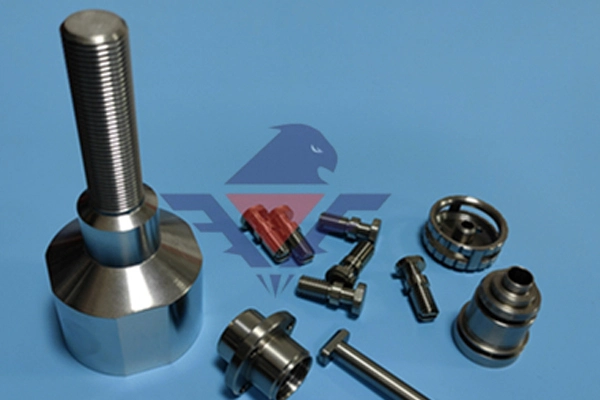
# Precision Swiss Machining for Complex Components
## The Art of Swiss Machining
Swiss machining, also known as Swiss screw machining or Swiss turning, represents the pinnacle of precision manufacturing for small, complex components. This specialized machining process originated in Switzerland’s watchmaking industry, where extreme precision was required for tiny watch components.
## Why Choose Swiss Machining?
Modern Swiss machining offers several distinct advantages for manufacturing complex parts:
– Exceptional precision with tolerances as tight as ±0.0001 inches
– Ability to machine small, delicate parts without distortion
– Simultaneous multiple operations reduce production time
– Excellent surface finishes right off the machine
– Minimal material waste compared to conventional machining
## Applications Across Industries
Swiss machining serves critical needs in various high-tech industries:
### Medical Devices
The medical industry relies heavily on Swiss machining for components like:
– Surgical instruments
– Implantable devices
– Dental components
– Microfluidic devices
### Aerospace Components
Aerospace applications demand the precision and reliability of Swiss machining for:
– Fuel system components
– Sensor housings
– Actuator parts
– Fasteners and fittings
### Electronics Manufacturing
The electronics industry benefits from Swiss machining for:
– Connector pins
– RF components
– Miniature housings
– Precision shafts
## The Swiss Machining Process
Unlike conventional lathes, Swiss machines use a sliding headstock and guide bushing that supports the workpiece very close to the cutting tool. This unique configuration provides:
– Superior stability during machining
– Reduced vibration for better surface finishes
– Ability to machine long, slender parts without deflection
– Continuous feeding of bar stock for efficient production
## Material Versatility
Swiss machining centers handle a wide range of materials with equal precision:
– Metals: stainless steel, titanium, aluminum, brass, copper
– Plastics: PEEK, Delrin, Ultem, PTFE
– Exotic alloys: Inconel, Hastelloy, Kovar
– Precious metals: gold, silver, platinum
## Quality Assurance in Swiss Machining
Reputable Swiss machining providers implement rigorous quality control measures:
– In-process inspection with advanced metrology equipment
– Statistical process control monitoring
– Full traceability of materials and processes
– Comprehensive documentation for regulated industries
– Final inspection to verify all specifications
## Choosing a Swiss Machining Partner
When selecting a Swiss machining provider, consider these factors:
– Experience with your specific component requirements
– Range of machine sizes and capabilities
– Quality certifications (ISO, AS9100, etc.)
– Material expertise
– Secondary processing capabilities
Keyword: Swiss Machining
– Prototyping versus production capacity
– Lead time reliability
## The Future of Swiss Machining
As component designs become more complex and miniaturization continues across industries, Swiss machining technology evolves to meet these challenges:
– Integration of advanced automation
– Implementation of Industry 4.0 technologies
– Development of even more precise tooling
– Expansion of multi-axis capabilities
– Improved material handling systems
For manufacturers requiring the highest precision in small, complex components, Swiss machining remains the gold standard for quality, efficiency, and reliability.